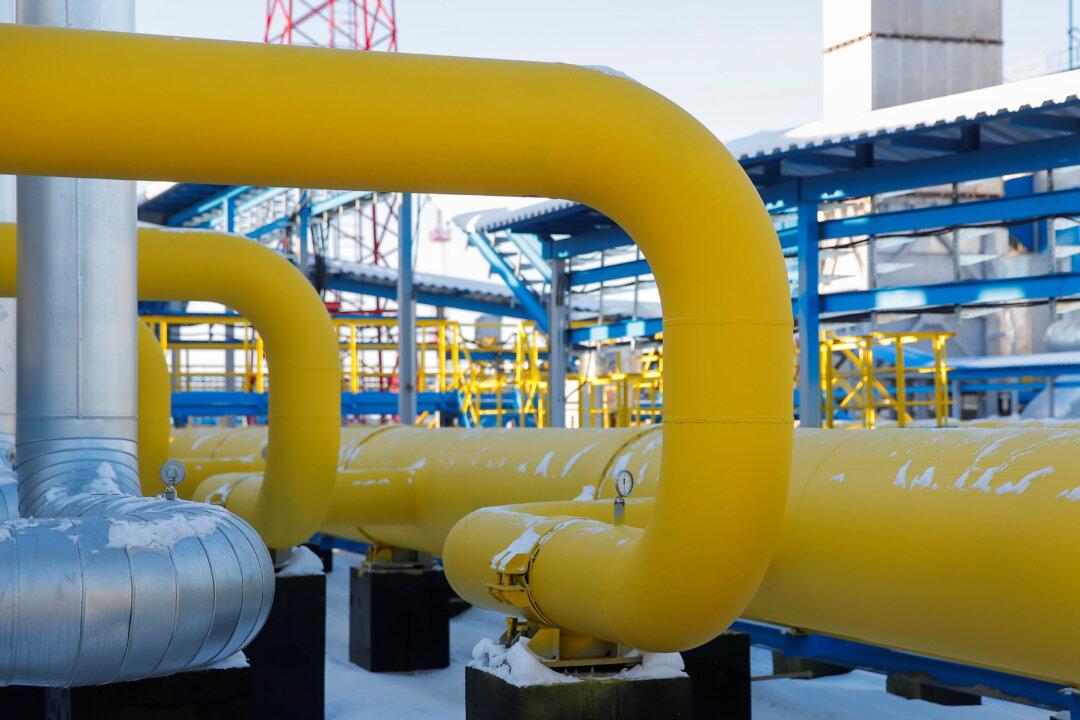Poland and Bulgaria have had their gas supplies cut off by Russia’s energy giant Gazprom after the two E.U. countries did not pay in roubles, the state-owned company announced on Wednesday.
“As of the end of the working day on 26 April, Gazprom Export had not received rouble payments for gas deliveries in April from the companies ‘Bulgargaz’ (Bulgaria) and PGNiG (Poland),” the company said in a statement.




